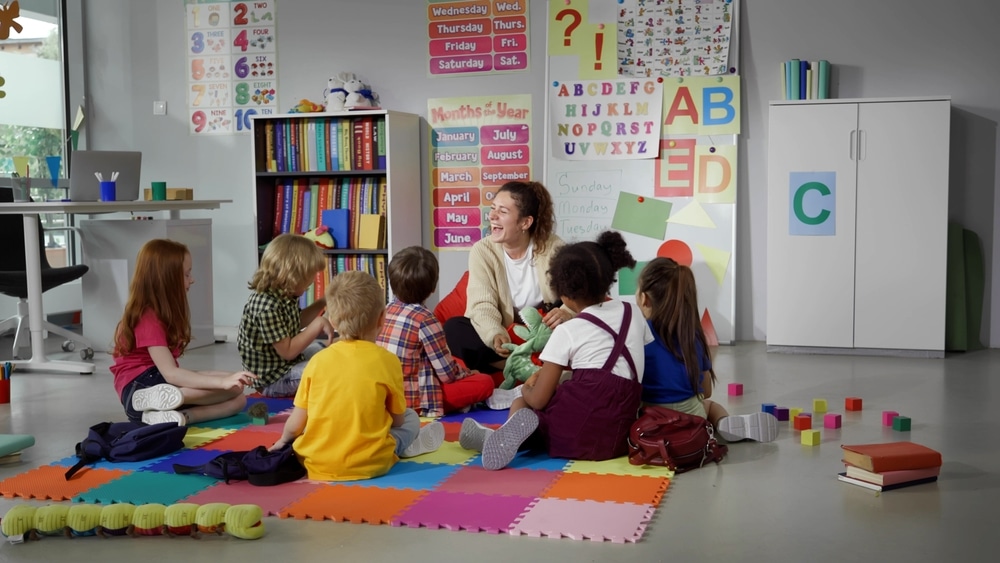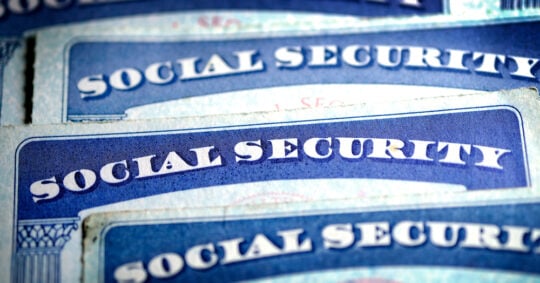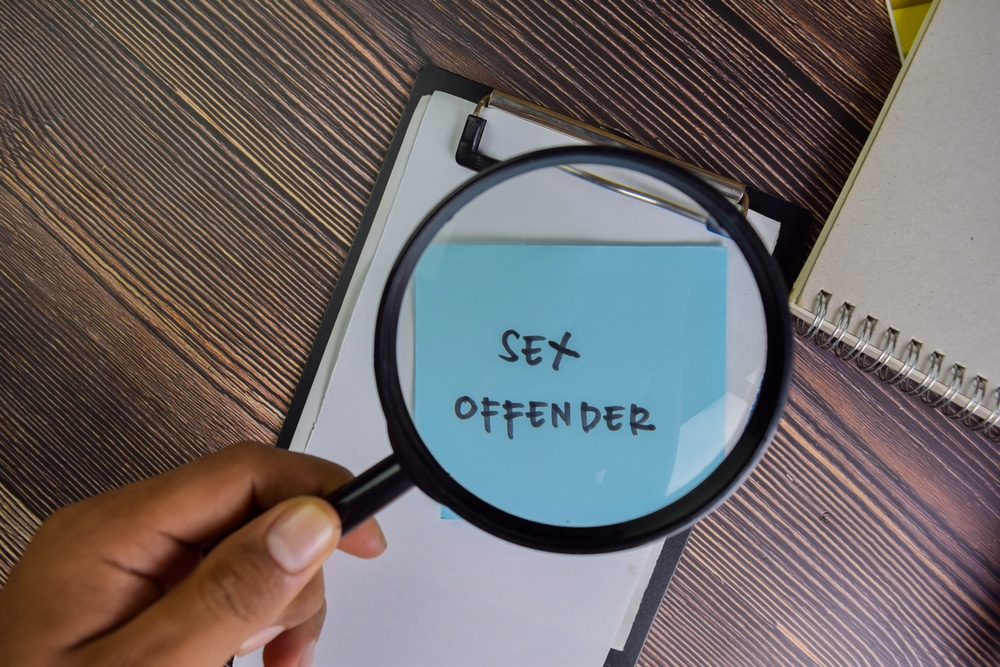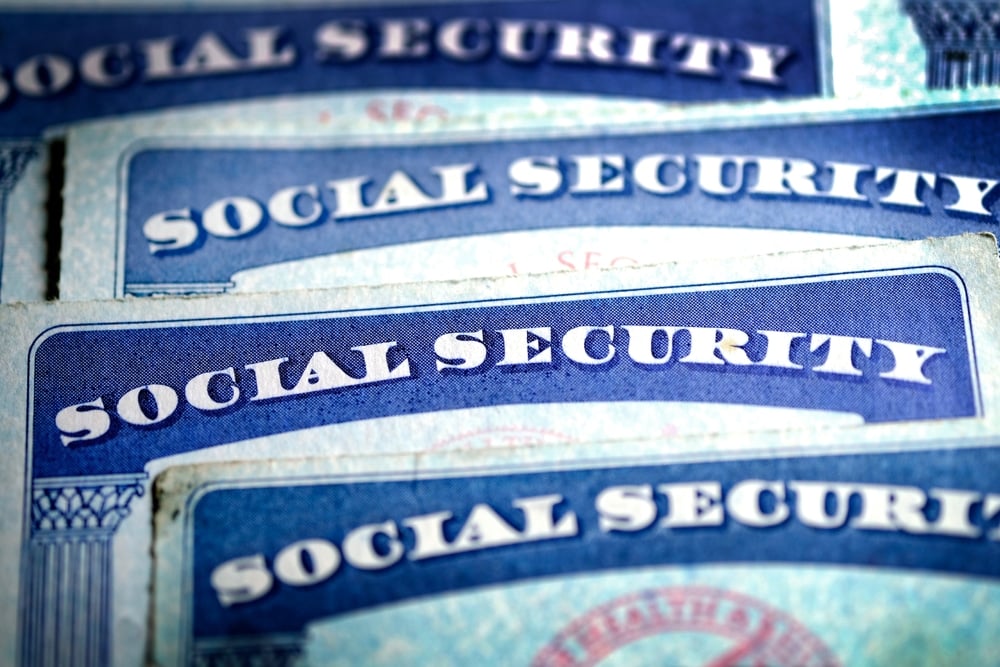What Do Schools Look for in Background Checks: Your Complete Guide
Cindy Ellis - May 10, 2024

It’s common knowledge that employers and government agencies run background checks on people. However, you shouldn’t overlook schools and their background check process. While it’s unlikely that a high school would run a background check on a student, some colleges and universities will look into a student’s background, and schools will look into the background of employees to ensure the safety of students. Like other institutions, schools want to make sure students are a good fit for their organization and that they’re not people who are going to cause disruptions.
While schools run background checks, they don’t look for the same things that employers and government agencies look for. Sure, there is some overlap, but you also need to consider some of the unique things that schools look for. So, what do schools look for in background checks? Let’s find out.
What Is a Background Check?
A backyard check is a process that an organization or individual uses to identify a candidate’s identity using public records. At its most basic core, a background check verifies someone’s identity and ensures that they are who they claim to be using Social Security number (SSN) verification.
However, most background checks take this a step further and look for criminal records, court records, sentencing, and other records about applicants. Education, employment history, and contacting references are also fair game during background checks.
Do Schools Run Background Checks?
Schools run background checks on employees who work within the schools and even employees who don’t work in the school, like bus drivers. Schools have to run background checks because teachers and other administration members work in close proximity to children.
For this reason, schools do their best to prevent criminals and sex offenders from working around children. Most states have laws for the types of background checks that need to be run on students.
Do Schools Run Background Checks on Students?
Yes and no. K-12 schools usually won’t run background checks on students. However, private schools and universities are allowed to run background checks on students if they feel that it’s necessary. Many graduate programs will also run background checks on students to ensure that they’re a good fit for the program.
In fact, schools may even contact references, friends, and family to make sure someone is a good fit. Schools can also run background checks on students to check their status on watch lists and sex offender registries.
Eight Things Schools Look for in Background Checks
Schools look for a lot of information during the background check process. While schools will have teachers and administrative staff go through an SSN verification, ensuring that teachers have the necessary education to teach students is also crucial. People who work for the school who aren’t teachers also have to go through the background check process. Therefore, the types of background checks used in schools can vary. Still, most school staff have to go through a similar process. Learn more about what schools look for below.
1. References
One of the first things that schools will consider is your references. This applies to students and staff who work in schools. References are important because professional and personal references can vouch for you. Whether you’re trying to work in a school or enter a renowned program, having good references by your side will help you get a second interview or even the position. If you’re an applicant, make sure you choose strong references and provide contact information. If you’re an institution, make sure you check everyone’s references.
2. Sex Offender Status
Most schools will consider someone’s sex offender status before letting them into the school. For example, states like New York allow schools to ban people who have level one or level two sex offenses. While level one and level two sex offenses are more mild than level three and level four offenses, any risk of harming a child can be taken into consideration by schools. For this reason, most schools will check to see if someone is a sex offender.
It’s also important to note that most sex offenders can’t even live within a certain distance of a school, so working in one is next to impossible.
3. Criminal Records
Criminal records are an important part of the background check process, whether you’re a teacher, principal, or administrative staff member. Schools look at criminal records to prevent people with a history of committing crimes from working in schools. Ultimately, the last thing that most parents want is their child being around a convicted felon.
Now, this doesn’t mean that past felons can’t work in schools. In fact, states like New York have lookback laws that limit how long a felony can remain on your record. Therefore, if you committed a crime several years ago, there’s a chance that it won’t show up on the background check. That said, violent felonies and sex crimes are usually permanent, especially if they’re violent.
4. Drug Use
The laws surrounding drug use vary based on the state that you live in and how drugs are handled. For example, marijuana is legal in New York and Colorado, so these states are less likely to test for marijuana during a urine drug exam. Additionally, how drug use is tested may vary based on the school district, and some schools might not even test for drugs at all.
Still, if you plan to become a teacher or someone who works in a school, it’s a good idea to prepare for a drug test. Also, people who take prescription drugs should notify the school before taking the drug test. This can prevent any problems arising from testing positive for something like Xanax if you have a prescription. Other drugs that schools test for include:
- Opioids
- Alcohol
- Cocaine
- MDMA
- Amphetamines
- Methamphetamine
These are only some of the drugs that are tested, and some schools may test different drugs.
5. Education and Employment History
Schools will use an SSN verification to identify someone’s public records for employment and education. It can help with identity verification, but it can also help schools determine if teachers have the right education level.
Most schools require a master’s level education and a teaching certification to teach students at any grade level. Therefore, background checks in schools check for this information. Employment history can also be taken into consideration and it may help if teachers have worked as substitute teachers in the past.
While schools look for education history in teachers, this might not be the case for every teacher in schools. For example, schools may look at employment records for janitors and faculty members. In these cases, where someone worked in the past might be more important than their education.
6. Driving Records
Schools can choose to employ their own drivers or work with third-party companies for school bus services. In either case, applicants have to pass a driving records background check. This background check needs to be done alongside drug testing, criminal records searches, and other background checks.
A driving records check will look into someone’s motor vehicle report (MVR). This report will show potential employees’ crimes like DUIs, moving violations and other misdemeanors, which are the biggest red flags. Having too many points on a license or speeding too frequently can also result in not passing a background check. This type of background check is usually reserved for bus drivers and other school roles that require driving buses.
7. Social Media
Social media is another thing that schools consider when hiring an applicant. While social media accounts can be private, public accounts need to be acceptable and not explicit. In fact, even private accounts should be clean of any explicit content to avoid problems if the school requests access. Schools will consider all social media platforms, not just Instagram or Facebook.
8. Credit History
The last thing that schools might look for on a background check is an applicant’s credit history. This is uncommon for teachers, custodians, and some other roles but crucial for people in higher administrative positions. For example, schools will check the credit of someone who is going to be handling funds for the school. People who handle money have to be responsible, so it’s no surprise that schools are curious about how they behaved in the past.
When looking at credit history, schools look for a lot of information. They will check an applicant’s credit score, as well as someone’s bankruptcy status, and look for any delinquencies. Therefore, a simple credit report check is only the tip of the iceberg.
How to Run a Background Check with Information.com
Whether you’re someone who wants to work in a school or someone who hires people for a school, knowing how to run a background check will help you evaluate candidates. While you can work with expensive third-party companies or hire a private investigator, we recommend using our background check tool instead.
To use our background check tool, start by entering a name, state, and address. Once you enter their name, you can begin the search process and answer any prompts to narrow down the search results. After running the search, you can open the full report to complete your background check. The full report will contain information about:
- Criminal records
- Court records
- Social media accounts
- Dating profiles
- Marriage and divorce records
- Sex offender status
- Arrest records
- Relatives, friends, and family
- Phone number
- Address
- Email address
Depending on the person, you may find some or all of this information about someone when you use our background check tool.
Prepare for What a School Background Check Looks for Today
When hiring teachers, faculty, and even contractors, schools review a lot of information. Due to the close proximity of children, schools are vigilant about who they hire and who they refuse to hire. Applicants who fail drug tests or have a criminal record usually can’t work in schools, and sex offenders also can’t, so these are things to keep in mind if you’re hiring people planning on applying to work in a school.
Overall, whether you’re hiring new staff or plan on working for a school yourself, it’s a good idea to prepare for the information that schools look for. For applicants, make sure you check your records before applying; you can use one of our tools to run a background check on yourself to ensure that everything matches. For hiring managers in schools, make sure you leverage all the tools you have at your disposal to find everything you can about applicants.






